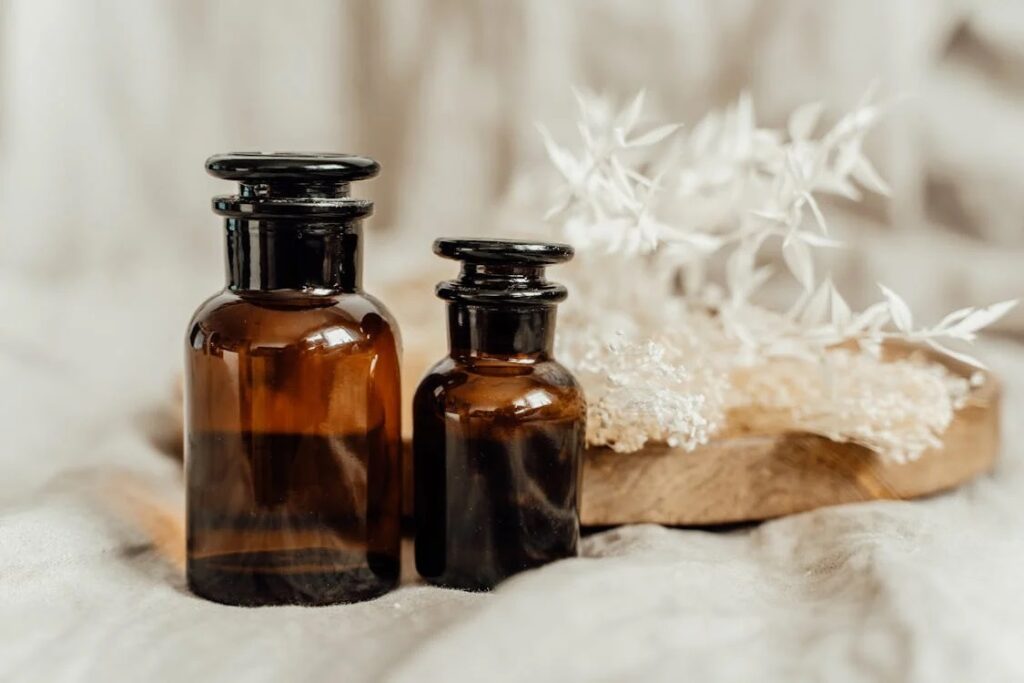
In our bustling world, where the din of digital notifications and the glare of screens dominate our waking hours, the quest for restful sleep has become a pursuit as elusive as it is essential. Amidst the myriad solutions touted for their sleep-inducing prowess, one ancient practice stands out for its simplicity and effectiveness: aromatherapy. Specifically, the use of essential oils crafted to encourage slumber not only offers a natural alternative to pharmaceutical sleep aids but also invites a moment of tranquility into our nightly routine.
A Journey Through Scent
At the heart of aromatherapy is the principle that our sense of smell can directly influence our emotional and physical well-being. When inhaled, the aromatic molecules of top-rated sleep-enhancing essential oil blends interact with the brain’s limbic system, the area responsible for controlling emotions and the autonomic nervous system. This interaction can induce a calming effect, preparing the body and mind for a deep and restorative sleep.
The Essence of Sleep
Choosing the right essential oil blend for sleep is akin to curating a personal lullaby. Lavender, with its soothing floral notes, is widely celebrated for its ability to reduce anxiety and ease into a peaceful sleep. Bergamot, despite being a citrus, offers a unique sedative effect, lowering heart rate and blood pressure. Meanwhile, chamomile and ylang-ylang sing in harmony, their sweet and soft aromas acting as gentle invitations to let go of the day’s stress.
Crafting Your Nightly Ritual
Incorporating aromatherapy into your bedtime routine can transform your approach to sleep. Begin by selecting an essential oil blend that resonates with your sensory preferences. This can be diffused in your bedroom in the hour leading up to sleep, setting the stage for relaxation. Alternatively, a few drops added to a warm bath can envelop you in a cocoon of calming scents, while applying a blend diluted in a carrier oil to pressure points—like the wrists or behind the ears—can serve as a personal sleep charm.
The Science of Scent
While the anecdotal evidence for aromatherapy’s benefits in promoting sleep is compelling, scientific inquiry offers further insight. Studies have shown that certain essential oils can have a measurable impact on sleep quality, reducing the time it takes to fall asleep and increasing the duration of deep sleep. This body of research underscores the potential of essential oils as a tool in combating insomnia and improving overall sleep health.
A Holistic Approach to Sleep
Aromatherapy, with its emphasis on natural well-being and mindfulness, invites us to reconsider our nightly routines. It encourages a holistic approach to sleep, one that values the quality of our rest as much as its quantity. As we explore the olfactory path to better sleep, we are reminded of the broader importance of creating a conducive sleep environment—considering factors such as lighting, noise, and sleep hygiene practices.
In ConclusionThe pursuit of restful sleep is, at its core, a search for balance and peace in our lives. Aromatherapy, through the simple yet profound power of scent, offers a bridge to this sought-after tranquility. By integrating essential oil blends into our sleep routines, we not only enhance our sleep quality but also enrich our overall sense of well-being. In this aromatic journey, each night becomes an opportunity to nurture the body, soothe the mind, and drift into dreams on the wings of fragrance.
